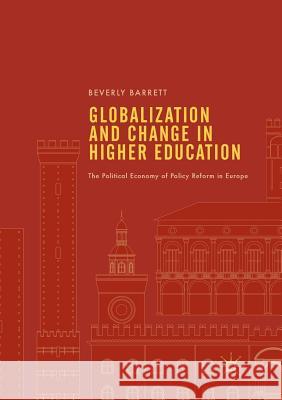Globalization and Change in Higher Education: The Political Economy of Policy Reform in Europe » książka
topmenu
Globalization and Change in Higher Education: The Political Economy of Policy Reform in Europe
ISBN-13: 9783319848877 / Angielski / Miękka / 2018 / 323 str.
Globalization and Change in Higher Education: The Political Economy of Policy Reform in Europe
ISBN-13: 9783319848877 / Angielski / Miękka / 2018 / 323 str.
cena 644,07
(netto: 613,40 VAT: 5%)
Najniższa cena z 30 dni: 578,30
(netto: 613,40 VAT: 5%)
Najniższa cena z 30 dni: 578,30
Termin realizacji zamówienia:
ok. 22 dni roboczych
Bez gwarancji dostawy przed świętami
ok. 22 dni roboczych
Bez gwarancji dostawy przed świętami
Darmowa dostawa!
Kategorie:
Kategorie BISAC:
Wydawca:
Palgrave MacMillan
Język:
Angielski
ISBN-13:
9783319848877
Rok wydania:
2018
Wydanie:
Softcover Repri
Ilość stron:
323
Waga:
0.42 kg
Wymiary:
21.01 x 14.81 x 1.88
Oprawa:
Miękka
Wolumenów:
01











